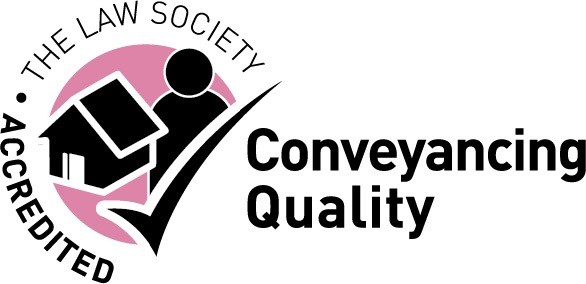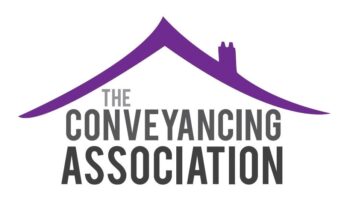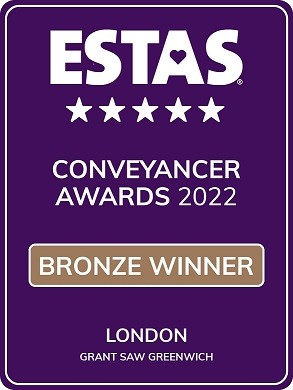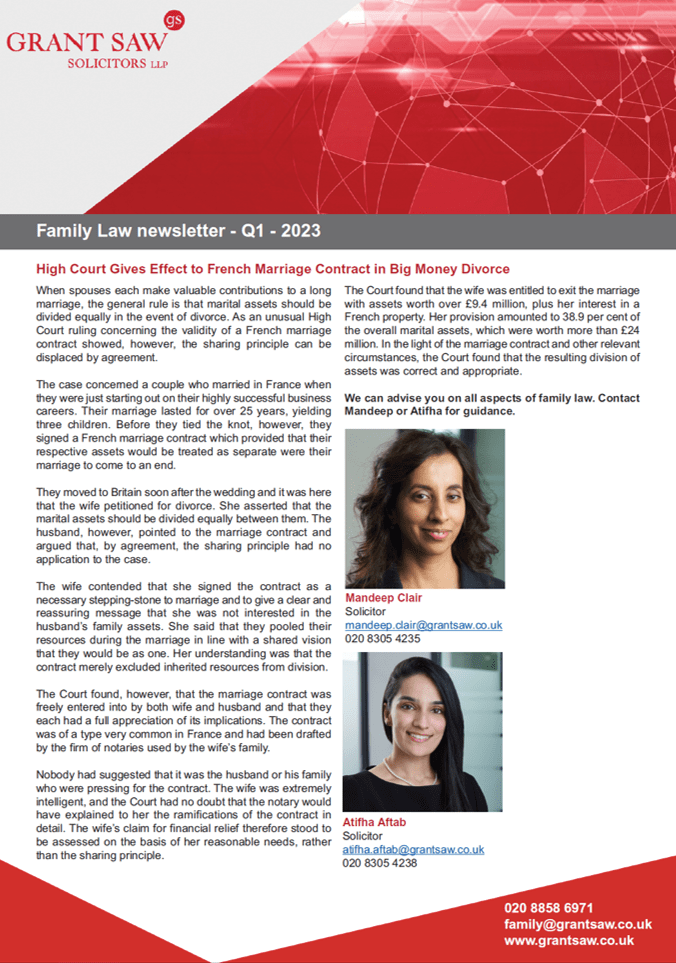Why or when would someone require this service?
To assist residential flat owners and landlords in the purchase or sale of the freehold.
The main reason for leaseholders wanting to purchase the freehold is to be in control of the building (and common parts) which they live in and in the knowledge that the value of the property is likely to increase as a result of their purchase. In addition, leaseholders commonly obtain a reduction in the associated expenses of maintaining the property by reducing the amount of the service charges payable for the upkeep of the property.
Once the freehold is purchased leaseholders may decide to grant themselves an extended lease and/or vary their lease terms.
How long does it take?
If agreement is reached between the parties, the process can be completed within a matter of weeks from the date of agreement.
If the formal statutory route is required, which involves the leaseholders serving an Initial Notice followed by the landlord serving a counter-notice, the process can take around 12 months to compete.
Is it expensive?
We will charge a set fee for our service. The set fee is on the basis that the freehold purchase remains uncontested. If it does become contested then our litigation department will provide you with an estimate of costs for proceeding to the First-Tier Tribunal or County Court.
Our set fee will be dependent on whether we are acting for you as a landlord or leaseholder, the number of flats involved and the value of the freehold. Please contact us for a free quotation by telephone or by email conveyancing@grantsaw.co.uk.
The leaseholder will be responsible for paying the surveyor’s fee for valuing the freehold and for paying the landlord’s legal fees for transferring the freehold. The leaseholder will not however be required to pay the landlord’s fees for any proceedings with the First-Tier Tribuna, should this be required.
Things to consider before calling
Leaseholders should consider how they would wish to purchase the freehold. Would this be via a company specifically incorporated to complete the purchase or would the freehold be held in the individual names of the leaseholders?
Why are Grant Saw the best people for the job?
The Grant Saw Residential Property team are able to offer specialist legal advice to landlords and leaseholders. This area of law is particularly complex and there are many traps for the unwary.
We have successfully acted for numerous landlords and leaseholders. Please call us now for a free telephone consultation.
How does the process work/what are the steps?
There are two different routes that can be taken to purchase the freehold. Either agreement can be reached amicably between the landlord and tenants on all matters, including the price to be paid. The freehold will then be sold by mutual agreement.
Alternatively, the leaseholder can commence the statutory procedure which entitles them to purchase the freehold and requires the landlord to sell the freehold subject to the leaseholders meeting certain eligibility requirements.
In order to be eligible, the leaseholders must satisfy the following criteria:-
- There must be at least two flats in the block.
- Two thirds of the flats must be let to persons who are “qualifying tenants” (for example where a lease is granted for a term in excess of 21 years).
- No more than 25% of the block is used for non-residential use.
There are certain exceptions if the landlord converted the building into flats.
Prior to tenants serving formal notice on the landlord, it will usually be necessary to instruct a surveyor to value the freehold. The notice served on the landlord will have to specify a sum which the participating leaseholders are prepared to pay for the purchase of the freehold.
Once the required notice is served on the landlord he will have a set period of time (at least two months) within which to serve a counter-notice. Within the counter-notice the landlord is required to state whether the sale of the freehold is agreed or not and if it is agreed, whether the landlord accepts the price proposed for the purchase by the leaseholders.
If the landlord is not in complete agreement with the tenants’ proposals, the solicitors and valuers instructed by both the landlord and leaseholders will usually attempt to negotiate those terms for which agreement has not yet been reached. If the parties are not successful in this regard, then any outstanding issues which are yet to be resolved will need to be determined by the First-Tier Tribunal (Property Chamber).
The above is a short summary of what is in fact a complex and detailed area of law. It is important to obtain specialist advice and assistance from legal advisers such as ourselves. Unfortunately all too frequently we are instructed by parties who have undertaken part of the process themselves or have previously instructed other solicitors who are not familiar with this area of law.
For a more comprehensive summary of the steps involved please see the commentary set out in the Leasehold Advisory website.
- https://grantsaw.com/People/maria-lati
- https://grantsaw.com/People/tyrone-grant
- https://grantsaw.com/People/randeep-thethy
- https://grantsaw.com/People/trisha-djemal
Meet the Residential Property team


















































